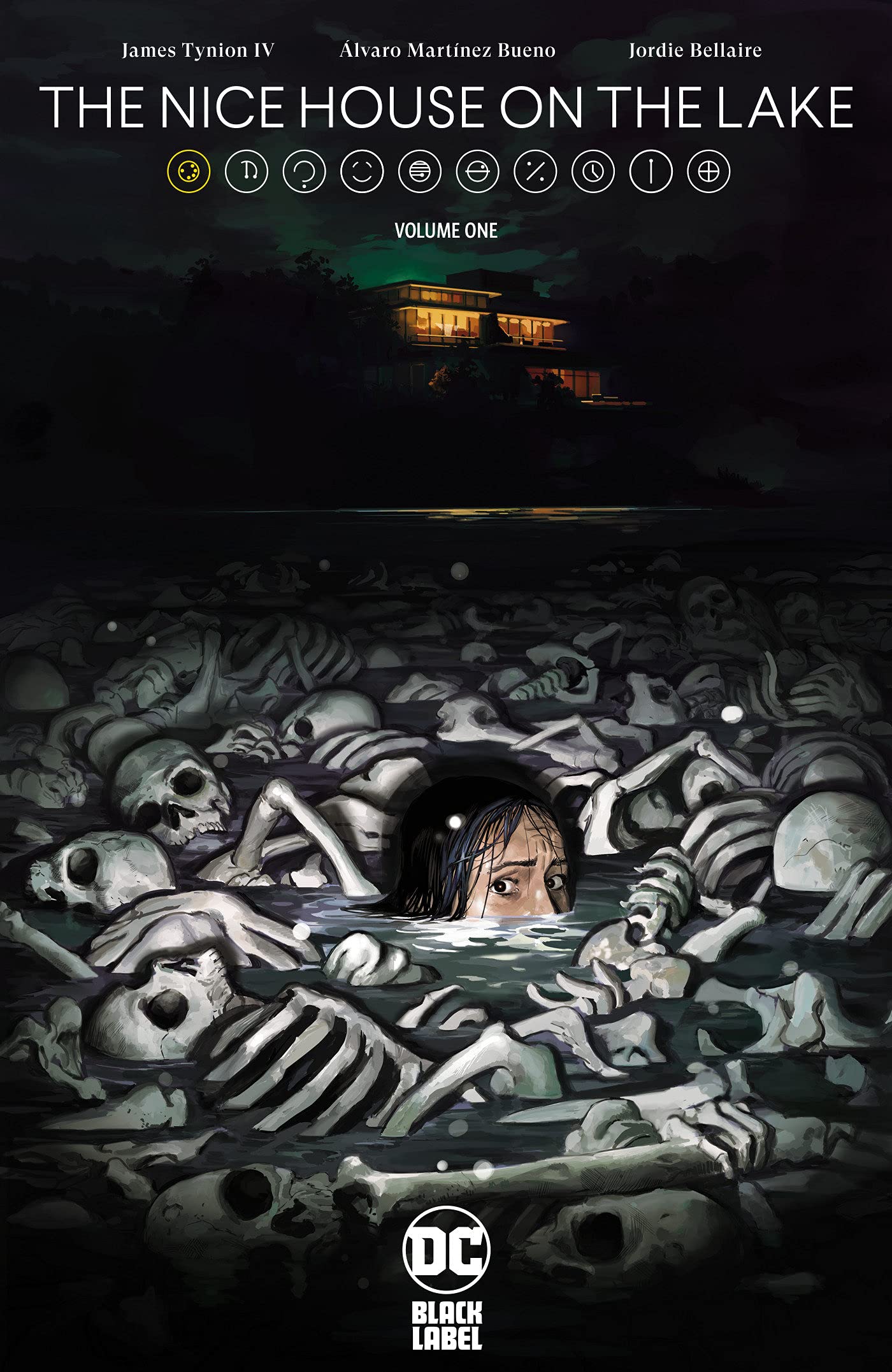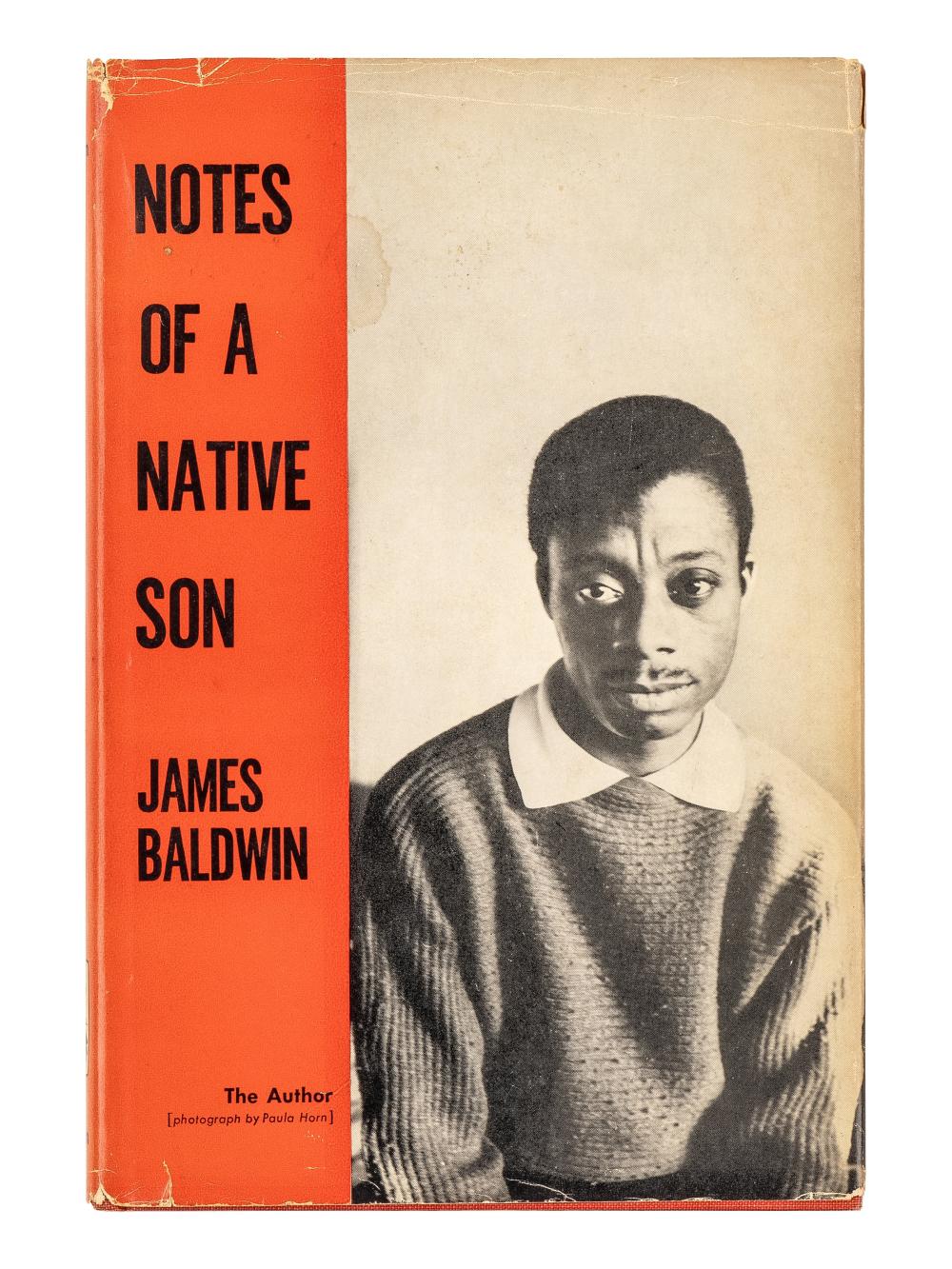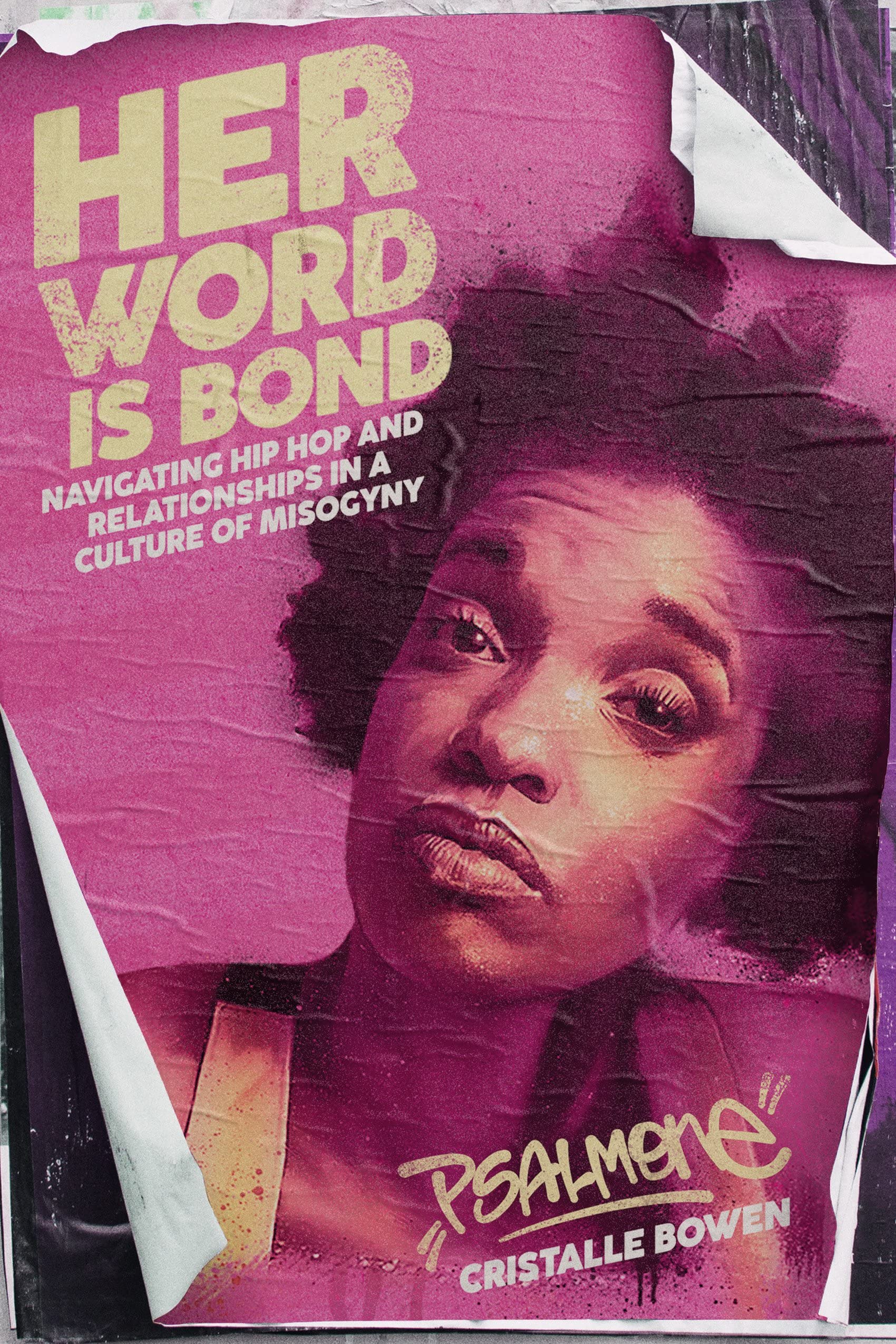Book Club is a monthly series from Speedy Ortiz’s Sadie Dupuis, exploring the literature that inspires some of our favorite musicians. Whether it’s a music biography that got them through the slog of tour, the poetry collection that eked into their most poignant lyrics, or the novel that sparked a rock opera, we’ll get to the bottom of it so you can add it to the top of your book stack. This month, we speak to Open Mike Eagle.
For his witty and unflinching music, Open Mike Eagle has found inspiration almost everywhere he’s turned—from the music and comedy scenes of his native Chicago, from TV shows like Adventure Time and JoJo’s Bizarre Adventure, and, according to a years-ago AMA, from listening to T. Rex while he reads. “I don’t know what possessed me to do that!” he laughs, after I ask if that’s still his practice. “In the headspace I’m in now, all I can think about is how stressful that would be on my senses.”
Calling me from a hotel in Santa Barbara, Eagle is keeping the stress levels low—for now—on a short vacation before his eighth solo album’s release. That record, Component System With the Auto Reverse, is out on Oct. 7 through his Auto Reverse label; it conceptually calls back to the college hip hop shows he taped off the radio in the mid-to-late ‘90s. Eagle is well established as a cultural obsessive and a voracious reader, so when asked what reads he was checking out around then, he chuckles. “What I was supposed to be reading was the lit books assigned in English class. But I largely was not reading them, because I was too busy listening to hip hop, freestyling, doing graffiti and breakdancing. My schoolwork kinda fell off.”
A few books did cut through the high school noise: Moll Flanders by Daniel Defoe, as well as the Kurt Vonnegut bibliography, which Eagle considers a stylistic influence on his songs. “[Vonnegut’s] writing to me really is about attitude, feel and brevity,” he says over the phone. “There’s a humanist perspective, but it’s obviously marred by bad experiences with humans, so the cynicism flows out everywhere.” Eagle’s read all of them, but Cat’s Cradle, The Sirens of Titan and Breakfast of Champions are his top three.
It’s no surprise given his sprawling influences, but Eagle’s book recommendations are varied in genre and tone—from Chuck Klosterman’s pop culture essays to Colson Whitehead’s historically-informed fiction, with Harlem Shuffle the next novel on his to-read list. Right now, his chief enthusiasm is comics, which he re-ups regularly on his iPad, and about which he’s considering starting a book club of his own. So comics are where we start.
SPIN: Got any vacation reads with you?
Open Mike Eagle: I’ve been reading a lot of hip hop books lately, but my literary IV right now is comic books. Between the ones coming out every week, and a couple I brought with me that I plan to start, they’re with me all the time. In 2019, my favorite writer Jonathan Hickman completely reset the X-Men and it was the most exciting thing in ages. Since then, I’ve been following the entire line. I’ve gone back and read most of the last 15, 20 years of Marvel comics. There’s always something old to read or new to pick up.
Do you have other favorite comic writers?
Grant Morrison is huge. Kieron Gillen. I’m enjoying James Tynion [IV]—he was writing Batman, but I like him for his indie books. He’s writing some cool stuff for Image, and a very good book for DC’s Black Label which is where they put all their cool, non-superhero shit. I read Vol. 1 of The Nice House on the Lake recently, which was fantastic.

What was your introduction to comics?
One of my uncles had [Uncanny] X-Men. I remember Kitty Pryde was on the cover getting married to one of the Morlocks. That was the first comic book I ever saw—it had to be ‘85, ‘86. He just had a big crate of them, and the entire time I was there visiting the family, I was just in this crate, trying to read as much as I could and really study how they laid things out. One thing I’m always really interested in comics is that corner box, where it says Marvel or the Marvel logo, and [shows] the characters that are in the book. That’s always a marker of the era of comics you’re in. I remember that from my very first comic—this corner image with X-Men heads on it, which was so cool and weird.
Which graphic novels are in your queue?
A lot of those are collections. I’m starting with The Ultimates [Ultimate Collection], which Mark Millar did. The stuff he wrote as the Ultimate universe ended up being a lot of the source material they used to make the MCU movies. So I’m actually going back and reading all that stuff to see how they set it all up. I’m reading a lot of indie stuff, too. And The Infinite Horizon was a great graphic novel I read recently by this guy Gerry Duggan.
Do you have literary favorites from Chicago?
This writer [William] Upski [Wimsatt] is a Chicago hip hop head turned writer. He might be more widely known for No More Prisons, but his other book Bomb the Suburbs is literally the book that got me into doing hip hop arts. He was a hip hop head from the South Side of Chicago, which is where I was from, and he was referencing some of the people who I knew and would see around. He wrote this book, and it was kind of a manual for what it meant to be a hip hopper. Reading this book made me feel like I had to rap, I had to do graffiti, and I had to breakdance, or else I was just wearing a costume and wasn’t really a part of the community. He was a very impactful author for me then, and the first name I think of when I think of Chicago authors, because that book in a lot of ways really did change my life.
There are a few writers I’ve seen you mention repeatedly throughout your career, and I’m curious about what their work means to you. Let’s start with James Baldwin.

James Baldwin has a deeply intellectual, emotional, and analytical perspective on the Black experience, from someone who was in it and out of it at the same time. He was living the experience of a Black man in America, but he was also a gay Black man in America, and an intellectual Black man in America, who found ways to put words to these emotionally scarring experiences he had. His ability to put those things into words always resonated with me. I’ve felt at times myself like a person who’s in the community and out of it at the same time, because my perspectives don’t always line up with the critical mass of people living that experience. Reading him always reminds me to try to put the nuance of my perspective into the words. The Fire Next Time is one of my favorites, and Notes of a Native Son.
How about Tom Robbins?
Tom Robbins… Jitterbug Perfume and Skinny Legs and All are my two favorites, but I like all his stuff. Weird shit happens in life. In those gaps of weirdness are places where people have invented religion and invoked wisdom traditions to help make sense of all of it. He’s kind of doing that too, but from a deeply humanist perspective, leaning on some discoveries and wisdoms of the past, and some old religions and pagan ritual knowledge, all of that. And he uses that knowledge to craft these wonderfully emotional fictional stories. For me, a scripted story, a fictional story that touches on those things we wonder about, that’s the perfect media for me. That’s what interests me about life—a good story that attempts to wrestle with the bigger questions about our existence on this planet.
And Robert Anton Wilson?
Robert Anton Wilson is very similar to Tom Robbins in that his writing is led by his curiosity. He lays out mystical stuff through logical approaches and tries to blur the lines between where those universes are. He explores that quantum physics space that lives between both. He creates skepticism in a healthy way. I have a song called “4NML (Korzybski’s Lament)” on my album 4NML HSPTL; Korzybski’s concepts on language were introduced to me by Robert Anton Wilson’s books [including Prometheus Rising]. So the whole song is about how words are misleading and how language is just an inaccurate way to express most of the concepts that we’re thinking and feeling.
Many of your guests on Secret Skin are writers. Do you have a favorite book you’ve read for the podcast?
Dan Charnas wrote The Big Payback, a book outlining the complete history of the business of hip hop, and it’s incredible. After reading that, I hit him up to interview him…and I don’t think the interview ever came out! But it was one of the most important books I’ve ever read in my life. And [Cristalle Bowen] Psalm One’s book, Her Word is Bond. Cristalle’s book is an autobiography. She’s lived a very awesome life, and the fortitude it takes to write it all down and have to psychologically work through all that pain and trauma and lay it out… it was something I applaud, on top of it just being an awesome book.

Recently, I was reading Myka 9’s book My Kaleidoscope, which is about his life. Myka 9’s book is more collaborative. He wrote stories, and the people he wrote it with did all this research and interviewed damn near everyone he talks about. He tells a story, and there are quotes from the people in the stories, and he’s just been everywhere. He started rapping in the mid-’80s, so his stories are with Run DMC and Tupac and Snoop, and all the ups and downs of his own career. He’s widely regarded as one of the greatest MCs ever, so when you put all that stuff on paper and read through it, it’s super mind-blowing.
You studied psychology. Do you still read about it?
Not at the moment. But a lot of stuff by this guy Na’im Akbar really resonated with me. He was writing specifically about what became known as African psychology, which is the culture of the mind but as experienced by pre-colonial African people. So that was very thrilling and nourishing and fulfilling for me to read.
Unapologetic Art Rap, your debut album, turned twelve this year. You tweeted that people should celebrate by “bringing a book to a party,” a reference to its first track. So: do you ever bring a book to a party?
No! You say a lot of stuff when you’re young and naive. I wouldn’t do that…but I’d bring a board game.

Leave a comment